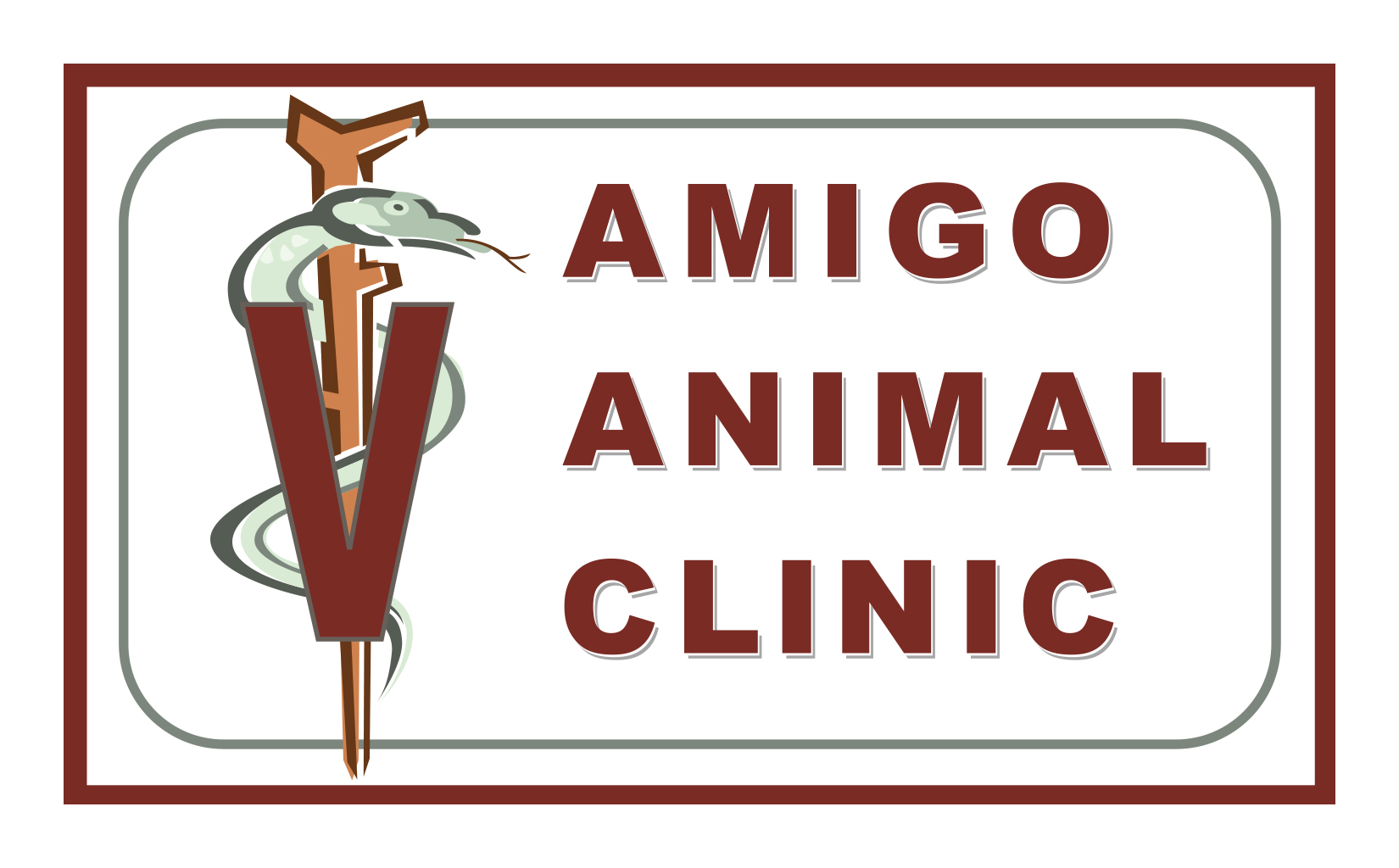You have just got your Christmas tree and are ready to decorate it. And, you want to liven up your home with decorations as well. Or, maybe you are already planning your holiday meals. Great! Not to spoil the fun, but you should be aware of the holiday hazards for pets. The top reason pets end up in an emergency clinic on Christmas day is from eating foreign objects or foods that are toxic to their system.
1. Christmas Trees
I love the smell of the fresh-cut pine of the Christmas Tree. But did you know that live Christmas trees are more dangerous to pets than artificial trees? The pine needles are toxic to pets. Water from the tree stand is poisonous as well. Additionally, pine needles can puncture vital organs if they eat them. Here are some links on how to proof your tree against pets:


2. Toxic Plants
Plants can also liven up your home during the holidays. But if you have pets, please be careful of ones you choose as many of the popular ones are toxic to pets.
Some holiday plants toxic to pets:
- Poinsettia
- Holly
- Mistletoe
- Lilies & Daffodils
- Amaryllis (Belladonna)
For a more extensive list of toxic plants, visit the ASPCA.org website.
Non-toxic alternatives:
- Red roses instead of Poinsettias
- White Orchids instead of Lilies
- Achira instead of Amaryllis
- Autumn instead of Holly
3. Tinsel
Tinsel can result in severe damage to your pet’s intestines if they eat it. For example, when a cat swallows something stringy it can wrap around the base of the tongue or anchor itself in the stomach. This prevents it from being able to pass through the intestines. As the intestines contract and move, this tinsel or other objects like it (string, yarn, ribbon, etc.) can slowly saw through the tissue, resulting in severe damage to your pet’s intestinal tract. Ultimately, pets run the risk of severe injury or rupture of their intestines, and treatment involves expensive abdominal surgery.
If you suspect your dog or cat has gotten into tinsel, string, ribbon, etc, call your veterinarian or Pet Poison Helpline for treatment advice.
4. Electric Shock
Maybe your pet does not usually chew on electrical cords. But when you put up your Christmas tree, this is something new. They may get attracted to Christmas light cords. Electrical shock may occur when a pet bites down on an electrical cord causing deep cuts or tears in their tongue and possible death. Check your holiday lights for signs of fraying or chewing, and use a grounded three-prong extension cord as a safety precaution. Cover your cords so your pet cannot get to them. You can purchase cord protectors such as the Chewsafe Cord Cover or PetCords Dog & Cat Protector.
5. Chocolate
Chocolate is poisonous to pets. It contains a substance called theobromine. Dark chocolate is the worst as it contains a greater concentration of theobromine. Dogs especially are attracted to the smell of chocolate treats. Do not leave any chocolate treats in reach of pets!
6. Xylitol
Xylitol has become a popular sugar substitute. But it is very toxic to pets and can cause death. If you use it, be very, very careful to keep it and any foods containing Xylitol away from pets. Some non-toxic alternatives are erythritol, stevia, and sucralose.
7. Turkey Bones
Cooked bones are dangerous for pets. They can splinter and cause severe internal damage. Turkey bones from table scraps are off-limits, along with any other cooked bones. If you want to treat your pet, better to give them a treat made specifically for your pet. That will keep them out of any danger.
We hope you enjoy your holiday season. We just ask that you follow the above cautions and keep your pets safe too.
Happy Holidays!
Dr. Carrica, D.V.M.
Amigo Animal Clinic
What's Next
Call us or schedule an appointment online.
Meet with a doctor for an initial exam.
Put a plan together for your pet.

